Signs of cancer
There are lots of different signs and symptoms of cancer. It’s important to remember that having any of them doesn’t necessarily mean you have cancer but it’s important to get anything you’re worried about checked out.
You are viewing: Common signs of cancer
It’s really important to get checked out if you have any of the symptoms below – especially if they last for a while and you can’t explain them.
Five common signs of cancer in young people
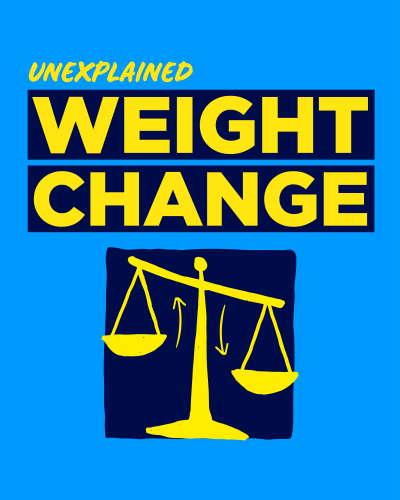
Unexplained weight change
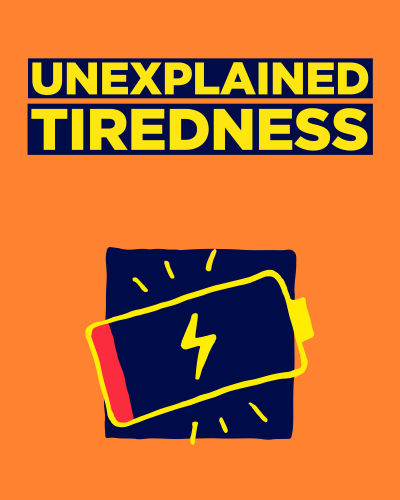
Unexplained tiredness
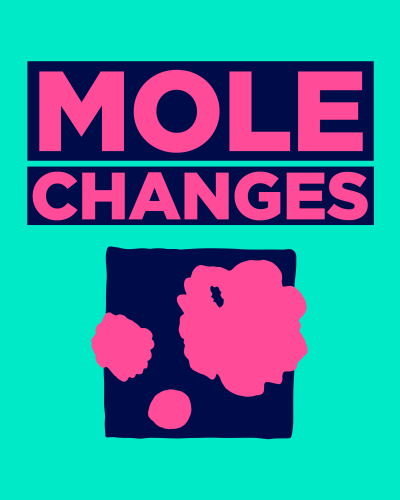
Mole changes
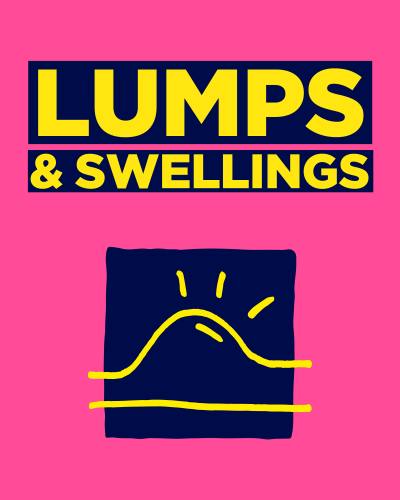
Lumps and swellings
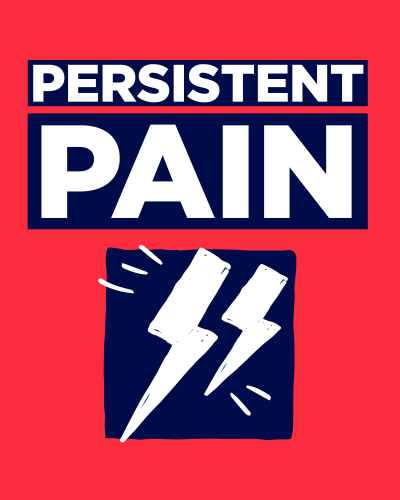
Persistent pain
Other signs of cancer and symptoms to watch out for
- Headaches or dizziness that won’t go away
- Getting out of breath more easily than normal
- Bleeding you can’t explain – for instance in your urine or poo, after sex, between periods, or if you vomit
- Unexplained bruising
- Ongoing changes when you go for a poo – like constipation or diarrhoea (or both), pain, or feeling like you’ve not quite finished going
- Sweating a lot at night.
It’s really important to contact your GP if you’re worried about any of these signs of cancer.
If it turns out not to be cancer, you haven’t wasted anyone’s time. You should always be listened to and taken seriously. The NHS is actively encouraging people to contact their GP if they’re worried about possible cancer symptoms.
If it does turn out to be cancer, then getting diagnosed early is really important, because early diagnosis and treatment will improve your outcomes.
Signs of cancer and talking to your doctor
Your doctor will want to know as much as possible about what’s going on, but it’s easy to forget things.
Find out more about how you can best explain the symptoms you’re worried about on our Advice for visiting the GP page. You’re never wasting your doctor’s time and it’s important that they’re aware of everything you might be concerned about.
If you’re worried about signs of cancer...
It’s normal to feel nervous before speaking to your doctor. Plenty of people feel awkward discussing their bodies, you might also feel worried about what you could find out.
It’s important you share as much detail as possible so they can understand what you’re worried about and how it’s affecting you.
Help us spread the word about signs of cancer
Download a printable A3 poster or A5 leaflet to help you share the five most common cancer warning signs for young people:

